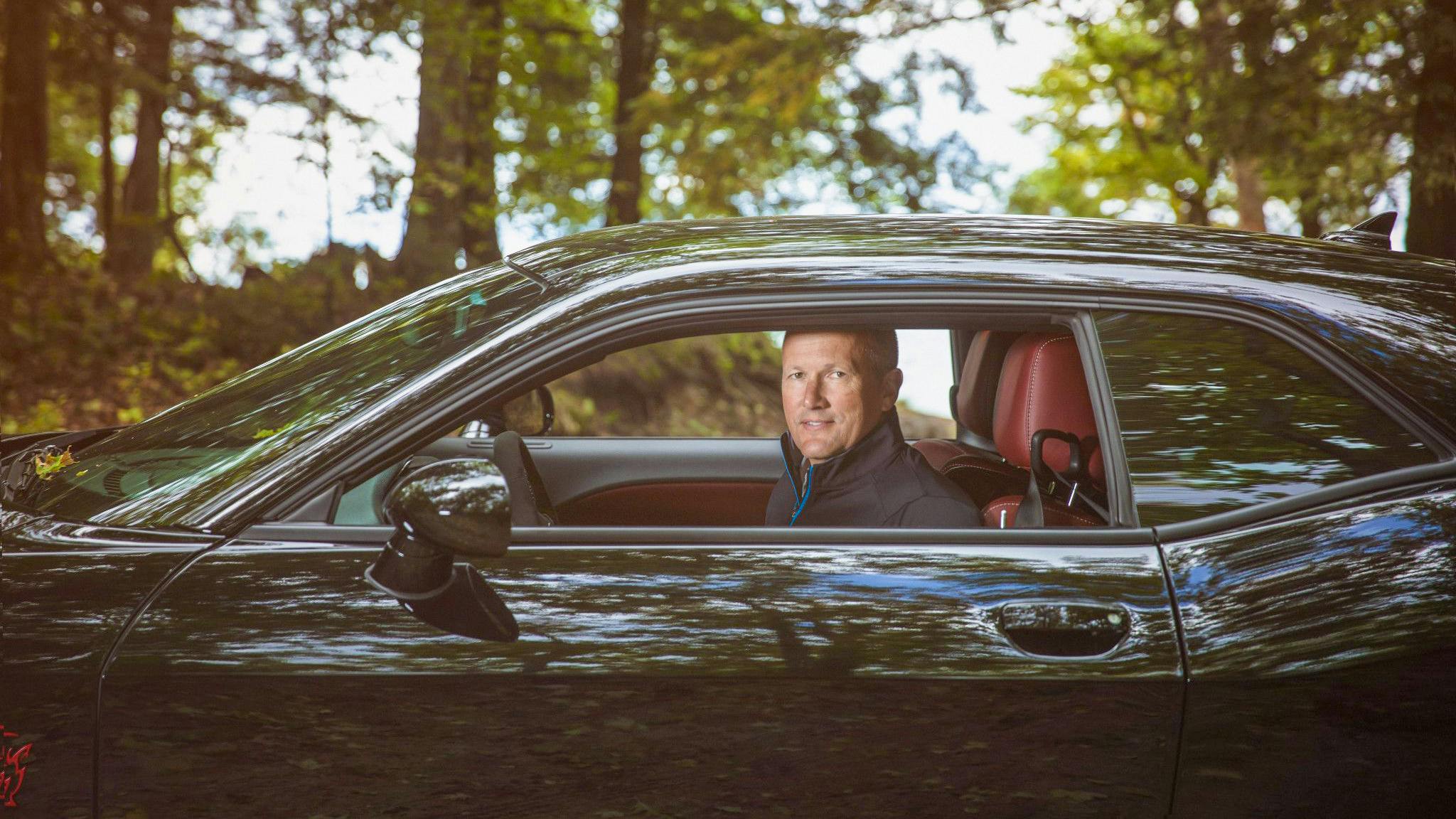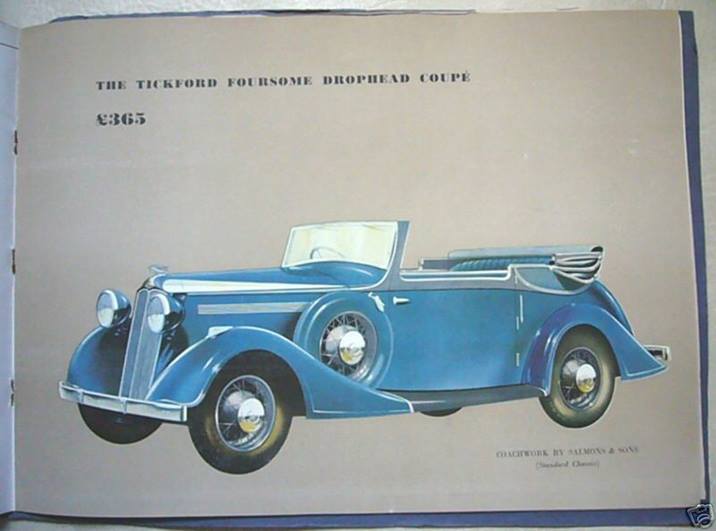In February 1968, I had been a newspaper reporter for about six months, at a long-extinct weekly tabloid, the Kingston Borough News. I made enough money to live on my own — 10 guineas a week (£8 16s 8d net) – and spent £3 10s on my own ‘little brown room’, as City Editor Dermot Fitzpatrick put it, in the attic of a six-storey Victorian house on Surbiton Hill.
My window looked at the wall of the house next door, which prevented the sun shining in until about 10 a.m. The gas fire burned your trousers within three feet, but would not toast bread, and six feet away, it had all the heat of the moon. A bottle of milk lasted seven days on the marble counter top; most of my coats were piled on my eiderdown, on me, on the bed.

About 10 people lived Dickensian lives in other little brown rooms, and the suspicious landlady tracked us like the Gestapo from her ground floor flat. The only time I ever saw my neighbors was one Saturday, when a muffled bang was followed by the sound of breaking glass. I poked my head out of my burrow, to see strangers peeking out of other caves. It transpired that an elderly tenant had decided to take a bath.
The bathroom was on the second floor, with a tub the size of a Lusitania lifeboat; the gas meter was on the ground floor. The bather had turned on the Ascot heater, discovered the meter was empty and step-and-carried one foot after the other down to the hall. He fed the meter, and made his way back up. When he struck a match, there was quite a bang. Luckily the window blew outwards, but covered my BSA Bantam motorcycle with broken glass.
I had been writing Kiplingesque letters to newspapers in romantic cities worldwide, seeking gainful employ, and having had enough of English weather and dire poverty. So far, the letters had produced a collection of exotic stamps, and replies in practically mediaeval English. I decided to take a small step, closer to home, after my landlady encountered my friend Jill on the stairs, and announced that ‘such behavior will not be tolerated’. I should have asked: “Exactly what behavior would you be referring to?” But that’s the problem with the past, the older you isn’t available to put people in their place.
Lucky for me, the ‘Borough Snooze’ had just hired John Feltham, a cheerful cockney police reporter, who was a natural Australian as he would find out later. John rented a room over a Greek restaurant that was too bad to eat at, but within spitting distance of the newspaper. We agreed to share it, as soon as I could come up with my half of the rent.
I was busy looking for a car, nearly freezing to death on my BSA, after locking myself out during a snowstorm. However I was lucky enough to find a buyer for my bike: my brother, whose Bantam was even worse than mine. In a parking lot down by the river, I found a 1935 Vauxhall DX 14 Tickford convertible, somewhat the worse for wear, but with wire wheels and a three-position top.
I plonked down my money, but realized I couldn’t pay my half of the rent to John until I got paid the next week. No problem. I would sleep in the car, clean up at the newspaper in the morning, get coffee there, and I could always go home to Mum’s to take a bath. My books were hauled across town to Jill, who agreed to keep them until I was settled.
The first night was endless. A river fog turned to a hard frost, and about 3 a.m. I realized I couldn’t feel my feet. To make matters worse, the driver’s window in the car wasn’t down — it was missing. I stumbled into town and noticed the lights at the railway station. The waiting room had a big wood stove; all I needed to do was survive until daylight, and I could go to work. I dozed off, to be woken by a gentle shake. “Young man, is this your train?” It was a quarter to five. Commuter trains came through regularly, and nice people worried about me missing them. Finally I gave up and went to the office. I crawled under my desk, wrapped up in my eiderdown, until Mrs. Robson the cleaning lady arrived. I was woken by her screech of alarm. “Why didn’t you just tell me?” she said. “Now I know you’re here, I’ll put the kettle on.” I lurked under my desk for the next five nights, until the crisis was averted, and I could share John’s ghastly pink room.
When the weather improved, I took Jill out to a country pub one evening. The Vauxhall had a 2-liter, 6-cylinder engine and a good turn of speed, but the brakes were a dismal cable affair, that demanded considerable anticipation, and one foot on top of the other. The blue leather interior complemented the two-tone grey paint nicely, and the back seat was downright cozy, with a rear window the size of a letter box. The license was out of date, but as usual, I had written “License Applied For” in the tax disc, in bold, honest-looking print. Somewhere near Box Hill in Surrey, the car stopped, with a flat battery. Almost at that same moment, a police car turned up, with a spotlight. They were charmed by Jill’s Harlequin rugby shirt-cum-dress, and the car. We wrapped a fuse in tinfoil and continued.
As it was getting late I put my foot down and we cruised by Hampton Court at about 70 mph. Suddenly the car filled with steam, like the Golden Arrow pulling out of Waterloo Station. I managed to stop Jill from opening the rear-hinged door, which would certainly have pulled her out, and we coasted to a halt. The rear freeze plug had popped out of the engine block, but amazingly, it was stuck in the dirt on top of the clutch. I was able to lever it back into place with a big screwdriver, but what to do about water? Luckily there was a ditch nearby, and Jill gamely sacrificed a rather nice hat.
The problem with a big old convertible is the attention it attracts from the authorities, especially if it’s parked someplace unusual — say, beside Epsom Race Course Grandstand, as the sun is coming up in June. Purely by chance, I happened to glance out the tiny back window, to see two of Epsom’s finest approaching. The younger one asked what we were doing there; his partner just rolled his eyes. Junior persevered: “But if you both work in Surbiton, why are you here?” There is nothing you can say in that situation that will not make things worse. Eventually they left, but once again, nobody mentioned ‘License Applied For’.
The Vauxhall survived for about six months and was greatly enjoyed by everyone, almost always carrying passengers, with the top down. The rear muffler fell off, which made it sound exciting, and it turned out to be made of copper, which was worth almost a week’s wages. I never did get a window made, and the paint looked worse and worse, resisting all efforts to polish it. The chrome peeled off the handsome flutes on the bonnet.
Finally it occurred to me that if I was going to sell it, I’d better paint it. I waited for a really nice warm day, got my can of black Valspar enamel and did what I thought was a really good job, refinishing the bonnet flutes in silver. The running boards had collapsed; the metal had rusted away, and the rubber sagged like Christmas tree lights, so off they came. I thought the car looked quite handsome, but the brakes were beyond help.
Then I heard about a garage in Staines, about 15 miles away, that liked old cars. In a phone call, the owner expressed an interest in buying it. I drove it over there very cautiously, followed by John on his Lambretta scooter, and the garage owner took it for a spin. “It’s got no brakes!” he said white-faced, on his return. “I know, that’s why I have to sell it,” I said.
Armed with £7.10 shillings I headed for my local wrecking yard, where I found a 1953 Triumph Mayflower, which had an entirely different set of problems. I sometimes think, if I had been older, or the Vauxhall had been younger, we might have made a go of it.







